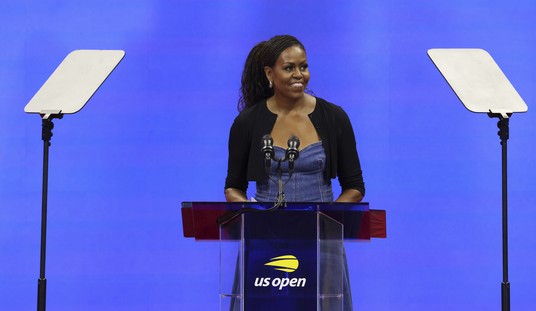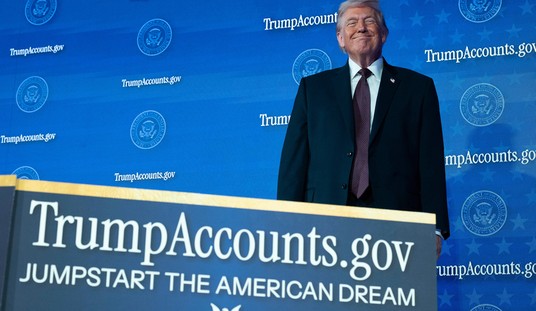Earlier this month a revised version of Monopoly called Ms. Monopoly made some news. The gimmick in the new game was that women make more than men every time they pass “go.” But today a college student named Justin Begley writes about his experience with intersectional Monopoly at Canisius College, a private school in Buffalo, New York. As a member of Young America’s Foundation, Begley was required to play the game as part of diversity training given to student groups on campus.
Unlike Ms. Monopoly, this game (it’s called Factuality) was not an official Hasbro release but something cooked up by a woman named Natalie Gillard. Gillard created the game as “a 90 minute crash course on structural inequality in America.” According to her CV, Gillard has “facilitated” the playing of the game at dozens of colleges and universities in the past four years. Here’s how it works:
Each of the characters had a certain intersectional identity. Each person at the table was thus the character that was put at the seat that they sat in. I was assigned the Asian-American man, Brian. My friend, who is the Vice Chairwoman of our chapter, was a “transgender female and LATINX.” I learned that the ‘X’ in LATINX makes the term more “gender inclusive.”
Because I was the Asian-American man, I started with the most money, per the rules of the game. My friend, being the most intersectional of the characters, began with the least. We had to play the game as if it was regular Monopoly, minus two caveats. First, black characters could not purchase property on half of the board in order to simulate redlining so that we all could understand what black people face when they go to purchase a house. I found this interesting since redlining was banned in 1968- guess the host didn’t get the memo…
At the end of the game, I technically won because I ended with the most money. But being the compassionate conservative that I am, I gave charity to the less financially fortunate player, my friend and the vice chair of our YAF chapter. I ended up giving her so much money that she beat me and even won the game (yes, I rigged it a bit to make a point)…
When my friend, who again had the poorest character as defined by the rules of the game, raised her hand and said that she had the most money at the table, Natalie shouted out from the stage that “you should not celebrate your newfound wealth but instead use it to fight for those who are still being oppressed by prejudicial injustices in this country.”
So if you’re a minority you’re supposed to lose the game and if you win you get a rebuke about being selfish. Sounds like fun!
It is interesting that the creator made the Asian character the wealthiest one in the game (the second richest character is “Rich” who is white). Asians are a small minority in the U.S. Why are they so successful as a group? Could it be the strict focus on academics in many Asian households (which gave rise to the “Tiger mom” stereotype)? Is that part of structural inequality in America or is that cultural? Could the cultural priorities of Asians lead to success for other minority groups? I wonder if anyone is allowed to ask these questions during intersectional Monopoly.
Justin Begley didn’t think much of the training. He writes, “This training did more harm than good. It was divisive, which proved to me that our school’s leaders do not want unity on campuses.” His experience presents quite a contrast with the judge who ruled yesterday that Harvard’s admissions do not discriminate against Asian applicants. She wrote that diversity at college would one day move us “to the point where we see that race is a fact, but not the defining fact and not the fact that tells us what is important.” That’s a nice sentiment and one I’d agree with but it’s not what’s being taught at schools that make SJW monopoly part of mandatory diversity training. On the contrary, the game seems to be teaching that race is the defining fact about someone, one that will determine the outcome of their entire life.







Join the conversation as a VIP Member